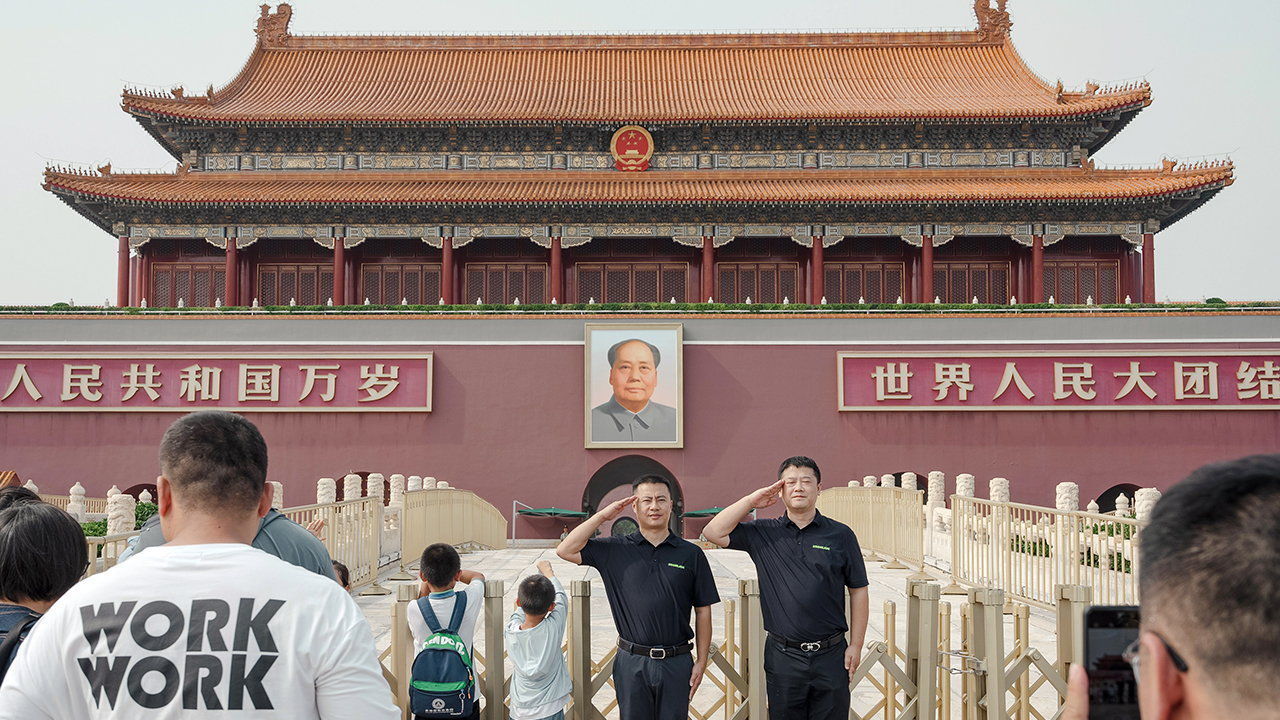
Last month China’s government implemented the most sweeping reform to company law in the country since the changes that were made following its accession to the World Trade Organisation in 2001. The new rules are creating yet another headache for Chinese companies grappling with overcapacity and a slowing domestic economy. For their part, China’s leaders are betting that the new law will make business in the country less volatile—and easier for the Communist Party to control.
China’s new law makes three important changes to the rulebook for companies. First is the reform of the country’s unusual system of “registered capital”, in which founding shareholders indicate they will provide a certain amount of money to their company, which creditors often use as a basis for providing loans. Under previous rules there was no requirement for founders to hand over the money immediately. Many would thus indicate implausibly high values of registered capital, which they would promise to transfer over a period of, say, 50 years or more.
Now founders will need to pay up the capital they have committed within five years of registration. Those who knowingly cannot afford the sums they indicate could incur personal debt or be forced to divest their stake in the business.
The second change is that company bosses in China will now face greater legal risk. China’s new law opens up avenues for creditors and third parties such as consumers to seek compensation from directors and officers of companies. Shareholders, too, may be liable in cases of ill-defined “abuses”.
Both of these changes bring company law in China closer to norms in developed countries, notes Professor Lei Chen of Durham University. That, however, is of little comfort to Chinese businesses which are scrambling to respond to the new rules. Almost all companies in China will have to tweak their articles of association and are being advised to obtain insurance for their directors and officers. Would-be founders will find it harder to secure loans. Some already opt for corporate structures such as partnerships that may be less suitable but are more lightly regulated.
The third big change introduced by the law is likely to be the most worrisome for multinational companies operating in the country, whose Chinese subsidiaries will also be subject to the new rules. A worker representative will now need to be added to the boards of companies with over 300 employees, and management will be required to consult them before making any major business decisions.
The question, notes Kai Kim of Taylor Wessing, a global law firm, is how these worker representatives will be chosen in practice. Unlike in countries with similar provisions such as Germany, in China it is likely that the 1.6m Communist Party cells embedded in enterprises will play an important role in nominating worker representatives. Those that are chosen are thus likely to hold views that conform closely with those of China’s government. Party cells within the Chinese operations of multinational firms are already far more active than many bosses in faraway headquarters realise, reckons Natalie Mrockova of the University of Oxford.
Tellingly, China’s new company law contains open-ended language on the government’s right to safeguard “social and economic order”, giving it plenty of leeway to interfere with companies’ operations as it sees fit. The communiqué issued after last month’s third plenum, a meeting of senior party officials, mentioned both the importance of making the economy “more dynamic” and the need to “better maintain order in the market”. China’s new company law hints that, for the country’s leaders, it is control that matters most. ■
To stay on top of the biggest stories in business and technology, sign up to the Bottom Line, our weekly subscriber-only newsletter.
















